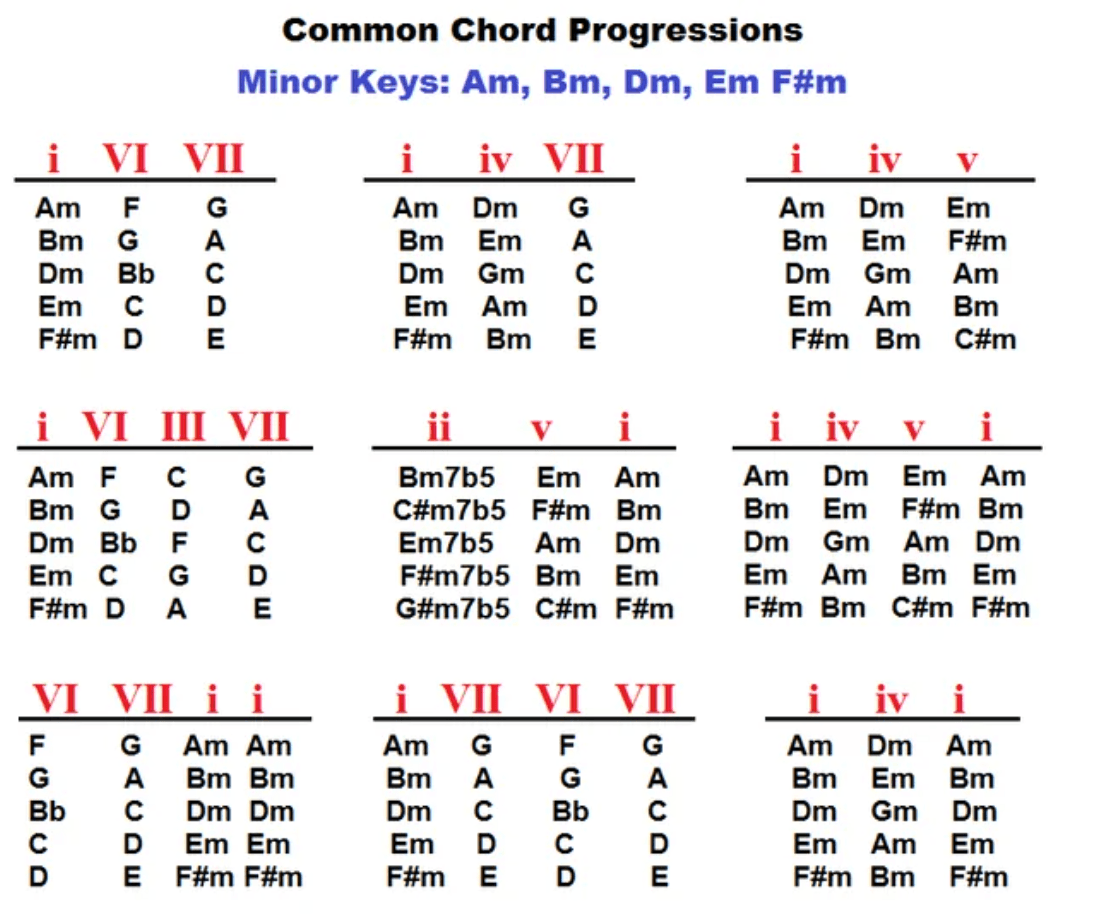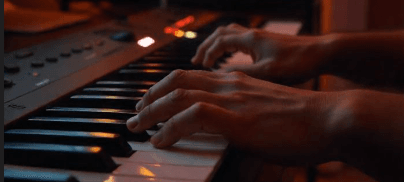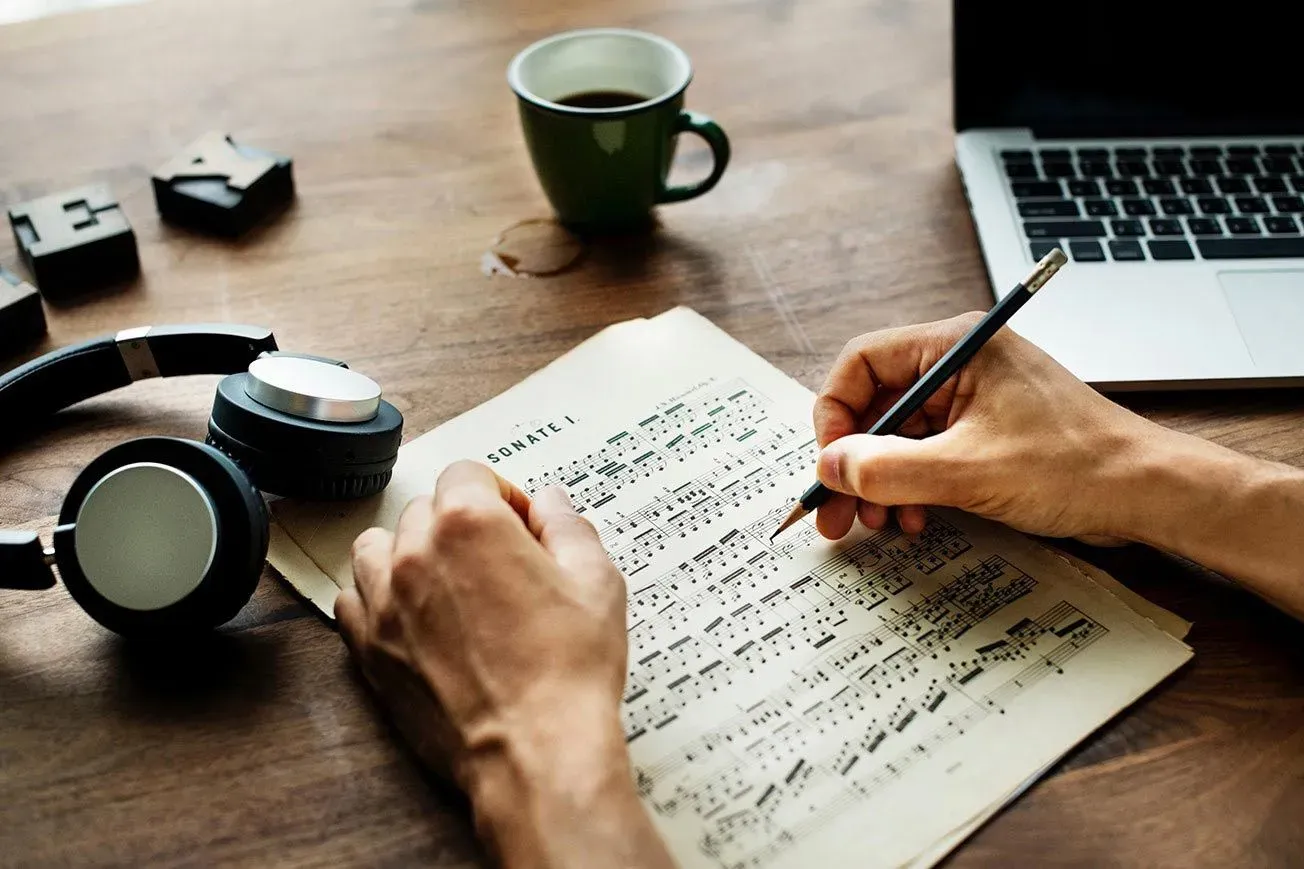You’ve heard the hype—AI is taking over everything. But will AI replace music producers?
The answer is nuanced.
Stick around to learn why AI is less of a rival and more of a creative ally for music professionals.
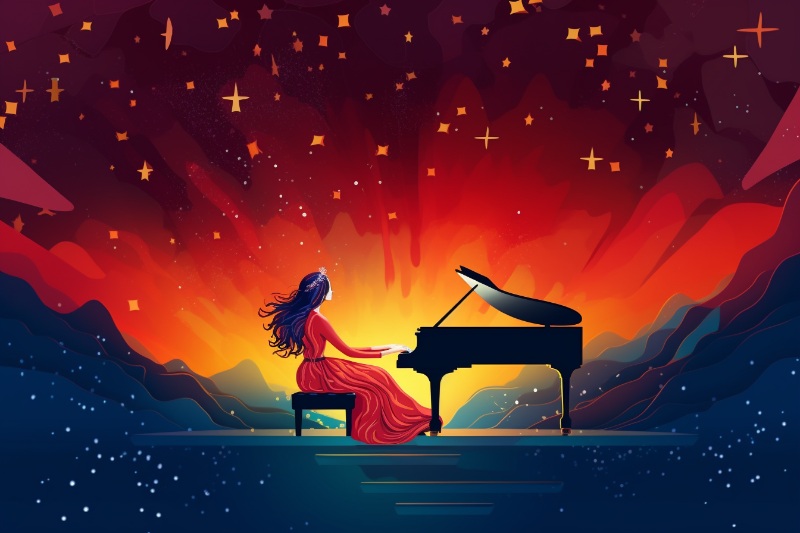
What is AI and How Did it Step Into the Music World?
Artificial Intelligence (AI) is a dedicated segment of computer science that targets the development of machines capable of executing actions normally requiring human cognitive skills.
This includes tasks like deciphering spoken language, making decisions, recognizing visual cues, and understanding human language.
AI techniques are engineered to analyze large volumes of data, discerning patterns, making predictions, or even creating new types of data like text and images.
How AI Crossed Over into Audio Production
In the early stages, AI's role in audio production was minimal—mostly relegated to basic tasks like sound filtering or mastering. But as technology evolved, so did the AI music tool capabilities.
We're talking about complex tasks like chord progression suggestions, melody generation, and automated mixing.
These aren't just neat tricks; they're significant leaps that have revolutionized the music industry.
AI Music Generators: The Game Changers
Here’s where things get really exciting. The advent of AI music generators has completely changed the game.
By analyzing data from existing songs—melodies, harmonies, rhythms, and more—these generators can compose entirely new pieces of music.
While some purists might scoff at the idea of machine-generated music, there's no denying its impact.
The result is a treasure trove of original compositions that musicians and music producers can use as inspiration, or even integrate directly into their work.
AI and Music Marketing
It doesn’t stop with song creation. AI has started permeating other aspects of the music world, such as marketing.
Imagine AI algorithms helping you generate SEO tags, YouTube video descriptions, and Instagram captions geared to make your music more discoverable.
AI music marketing tools are comprehensive tools that look at the larger picture of what a musician or producer might need.
Why Musicians and Producers Should Care
We've established that AI will not replace music producers but will serve as a valuable extension to the creative process.
By integrating AI into their workflow, musicians and producers can save time, focus on more nuanced aspects of their art, and elevate their craft to new heights.
In short, AI doesn’t dictate the music; it augments the capabilities of the human who does.
In this rapidly evolving landscape, it's not the machines versus the humans—it's the machines with the humans.
AI in music is less about replacement and more about augmentation and collaboration.
And if that doesn’t excite you about the future of technology in the music industry, I don’t know what will.
Immediate Utility in Creative Fields
I've been in the marketing world for over a decade, and for most of that time, AI seemed more like a buzzword than a tool with immediate utility.
That perception changed dramatically when I encountered ChatGPT.
This audio AI tool is not just another gimmick; it's a game-changing technology that writes, codes, and essentially speeds up the creative workflow in various industries.
How AI Tools Like ChatGPT Make a Difference
Although ChatGPT is not directly related to music, it's part of an evolving ecosystem of AI platforms that are making substantial impacts on creative fields.
Imagine the time saved on drafting emails, writing content, or even coding simple programs.
Now, transfer that efficiency to audio production, and you'll see why AI is so critical in today's creative process.
Empress: The All-in-One AI Music Tool
Empress stands as a shining example of how AI music tools have immediate practical applications in the music industry.
From generating chords and melodies to creating lyrics and DJ set lists, Empress is more than just a tool; it's a comprehensive suite designed to amplify human creativity.
Artists and music producers no longer have to start from scratch; they can use AI as a starting point to explore new sonic landscapes.
The Here and Now
The key takeaway? Real artists and real companies are integrating AI into their creative process as we speak. It's not a futuristic concept; it's current reality.
Making Way for Non-Relational Music
In the realm of non-relational music—think background scores for social media videos or royalty-free tracks for corporate presentations—AI is set to become indispensable.
The demand for original, mood-specific music is rising exponentially, particularly among content creators on platforms like YouTube, Instagram, and TikTok.
Instant Customization with AI
Imagine you're a YouTuber in need of a lo-fi, dreamy synth track to elevate your video.
Instead of scouring the internet for hours, you could use an AI music tool to generate exactly what you're looking for within minutes.
You simply type in your requirements, and voila—an original track is created, almost as if you have an on-call, always-available music producer.
The AI Edge in Background Music
What does this mean for traditional composers and producers specializing in background scores?
In essence, this doesn't signal job loss for creators but rather introduces a powerful asset that can help meet the growing demand more rapidly and effectively.
AI's role in audio production is not to substitute human ingenuity but to enhance it in line with modern requirements.
So, whether you're a content creator in search of the ideal musical backdrop, or a music producer looking to streamline your creative process, AI is already delivering real and meaningful advantages in the arts. Why not leverage it to your benefit?
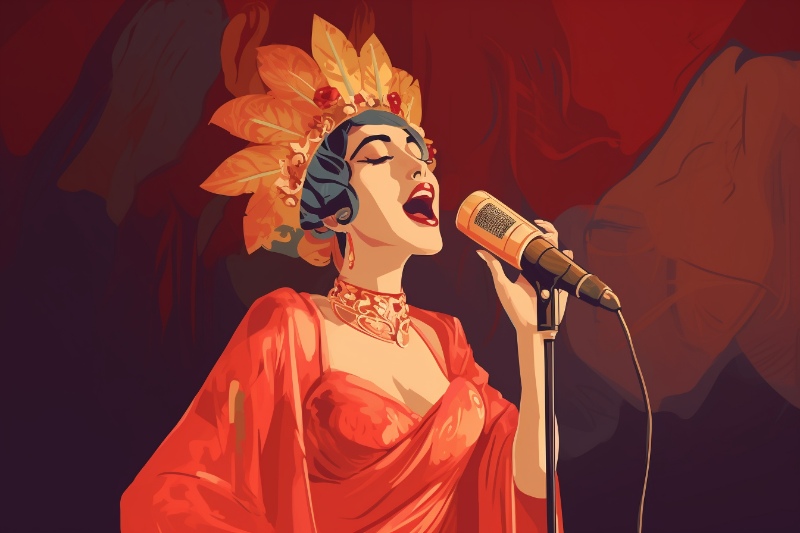
It Can't Capture Human Emotion
As cutting-edge as artificial intelligence is, there's a gaping hole it can't fill—the depth of human emotion.
Whether it's the soft crack in a singer's voice during an emotional verse or the chemistry among live-session musicians, these are nuances that AI music tools simply cannot replicate.
The technology might be predictive, offering outputs based on mathematical probabilities, but it's far from personal.
The Essence of Art: More Than Algorithms
Art transcends merely hitting the right notes or executing the perfect brushstroke; it's a conduit for evoking emotion and forging a profound human connection with an audience.
While artificial intelligence can craft text or melodies, it lacks the capacity to produce a transformative work that can emotionally stir people or inspire a generation.
AI can add new dimensions to the creative process, but it can't replace the essence of humanity that makes art, well, art.
Music Matters: The Human Element
In a time when automation is increasingly prevalent, it's easy to assume that human contributions are diminishing in value. However, the reality is that your individuality, often termed as your "soul," injects an unparalleled depth to your artistic endeavors. It's your vision, your emotional core, and your narrative that make your music vibrate on a level that no AI tool can ever achieve.
The Importance of Making Music in an AI World
Don't misunderstand; creating music isn't solely about producing a chart-topping hit or composing a score that wins awards. It's also about the process, the self-discovery, and the incomparable delight derived from expressing oneself musically. Even as audio production becomes more streamlined thanks to AI, the value of human creativity isn't diminishing. Your music isn't just another track in a digital library; it's a piece of you, and in this automated world, that matters more than ever.
Thus, even though AI provides incredible advantages and streamlining in audio production, it's vital to not lose sight of the unique qualities that make your music authentically yours.
AI can serve as a potent instrument in your creative toolkit, but it remains just that—an instrument.
The emotional resonance, your unique viewpoint, and your innate skills are the elements that give your music its irreplaceable value.
The Power of Unique Taste and Decision-Making
Let's face it: being a music producer isn't just about knowing how to manipulate knobs and dials on a soundboard.
It's about having an ear for what works—a unique taste that sets you apart from a machine or even other humans.
AI music tools can churn out an endless stream of chord progressions and beats, but what they can't do is make those highly subjective, incredibly nuanced decisions that turn a 'track' into a 'tune'—and that's something only you can offer.
Curating Over Generating: The Future of Music Production
The phrase "creation through curation" couldn't be more fitting for the future of music production.
As powerful as they are, AI music generators can overwhelm you with options.
Whether it's a list of 50 potential melodies or 100 lyric lines, the choices can be paralyzing.
This is where the strength of human selection shines.
Your capacity to navigate through these choices, select the components that resonate with your artistic vision, and eliminate those that don't, is what sets your work apart.
What This Means for Music Producers
So, what does this all mean for the ultimate question: will AI replace music producers?
In a word, no. Tools are tools, no matter how advanced.
But the artistry of music production? That's irreplaceable.
Music producers will continue to serve as the gatekeepers of quality, leveraging AI as a tool to expedite the technical aspects but applying their unique taste and judgment to elevate a project from good to great.
A Symphony of Man and Machine
Think of it this way: if AI music tools are the instruments in an orchestra, music producers are the conductors.
You bring out the best in each element, knowing when to pull back the violins and when to let the trumpets blaze.
You bring cohesion, direction, and most importantly, emotional impact.
While AI offers unprecedented possibilities in the realm of audio production, it still lacks the human touch of intuition, judgment, and taste—qualities that you as a music producer bring to the table.
So welcome these technological advances, but never undervalue the impact of your own artistic perspective.
After all, it's not merely about the musical notes; it's about how those notes are executed—and that's a choice only you can make best.
Empower Your Music Creation With Empress
Stop wondering about the future and start shaping it.
Make Empress your go-to AI music tool to enhance your creativity and streamline your process. After all, the best way to predict the future is to create it.
FAQs
Q1: Will AI completely take over the music industry?
No, AI is a tool, not a replacement for human creativity.
Q2: How do AI music generators work?
They use algorithms trained on large datasets to generate music based on given parameters.
Q3: Can AI create emotional music?
AI can generate music, but it lacks the human element of emotion and experience.
Q4: What can Empress do for me as a musician or producer?
Empress offers various AI-powered tools to assist you in your creative and marketing efforts.
Q5: Will AI make my role as a music producer obsolete?
No, but learning how to use AI tools can enhance your creative capabilities.
Follow the future of music with Empress. Check out our blog to learn how you can effectively use these AI music tools.
